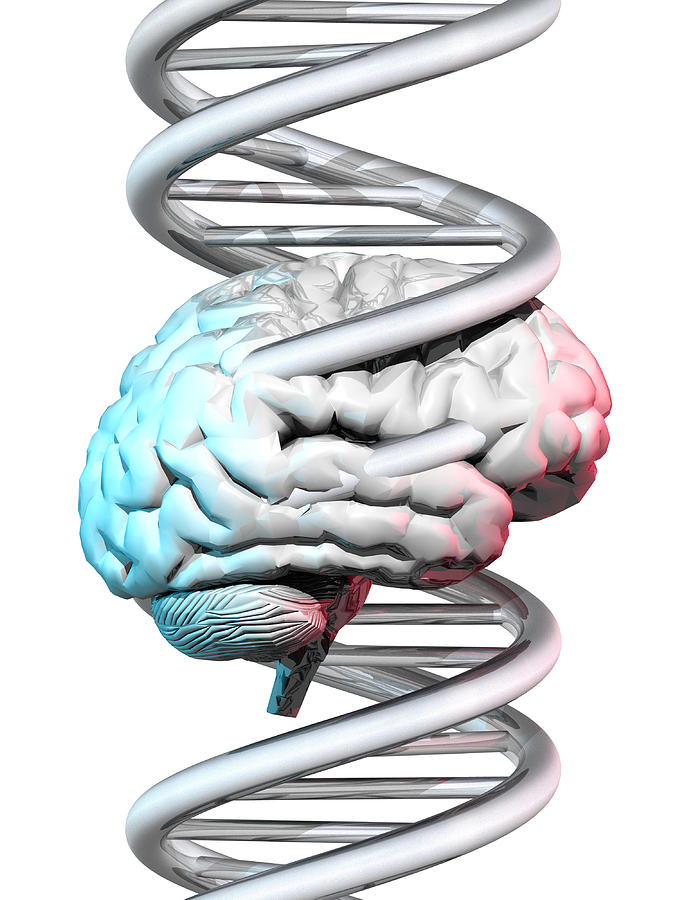Lifespan, when you think about it, is something very mysterious. Scientists all over the world have been heading towards decoding the secrets of ageing.
It’s quite intriguing to know that as we age, our neurons become more active and that inhibition of their activity might be enough to extend our lifespan. But we all know that not all people age the same—some age healthily while some less so.
A visionary study published in Nature, spotlights a specific DNA binding factor called REST that may play an important role in this age related brain activity. The researchers aimed at discovering whether certain genetic expressions are correlated with differences in ageing by following an interesting procedure for the study.
Copying a gene’s DNA fragment to make an RNA is the first step in gene expression. The researchers extracted RNA sequencing reads from the frontal part of the brain of hundreds of deceased elderly subjects and iterated it using a computational process. The process divided the subjects into two groups—people less than about 80 years old and people greater than about 85-90. The team found out that there were less gene sequences involved in brain excitation in the people who lived longer as compared to those who died younger.
The researchers were interested in whether certain genetic expressions correlated with differences in ageing.
The DNA binding factor REST is a ‘repressor’ that inhibits genes involved in brain activity. In humans, the levels of REST were found to be higher in people who lived 100 or more as compared to those who died between 70 and 80 years of age. So, the higher the levels of REST, the longer can be your lifespan.
Going back to the simpler organisms, like worms and mice, the team aims to understand the deeper mechanisms behind such groundbreaking results. If the mechanisms are understood, it won’t be long for us to make immortality science fiction a reality!
Authorship: Akshay Dixit, Community Outreach Coordinator at Synapsium

